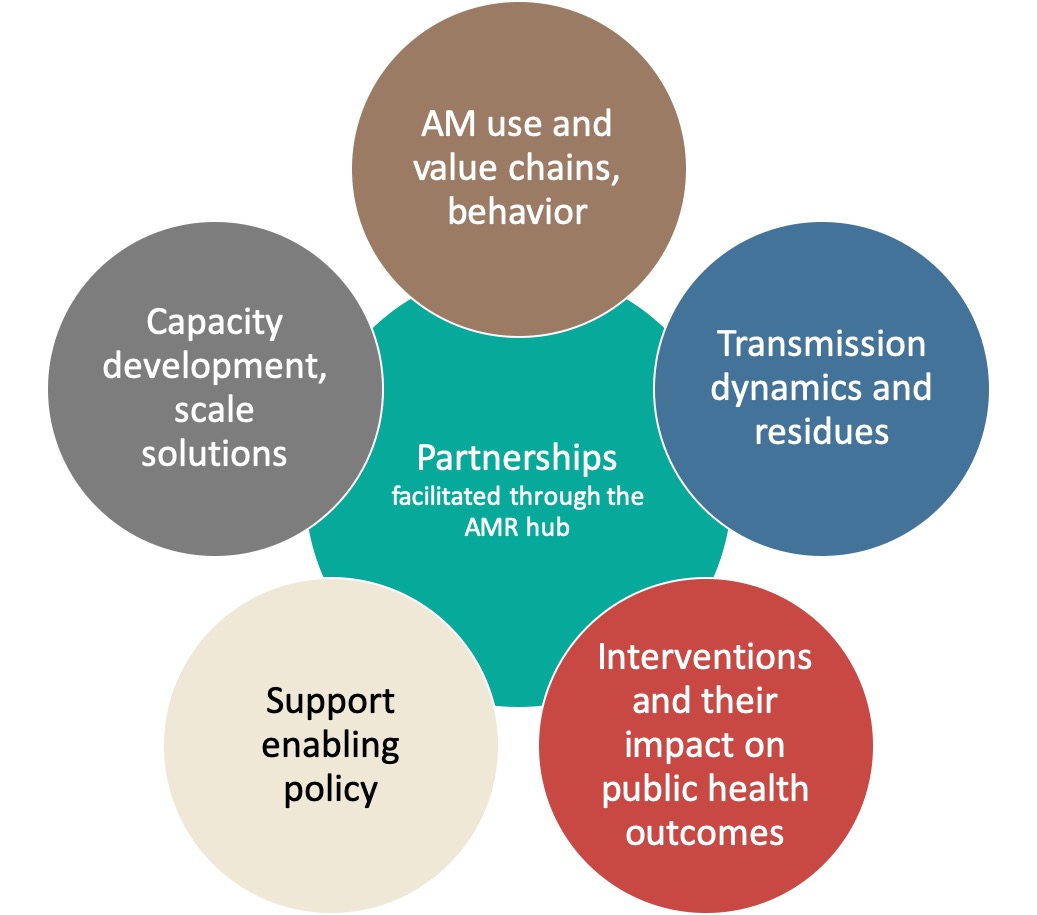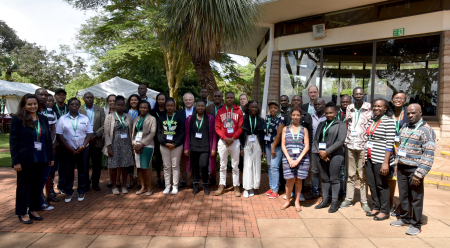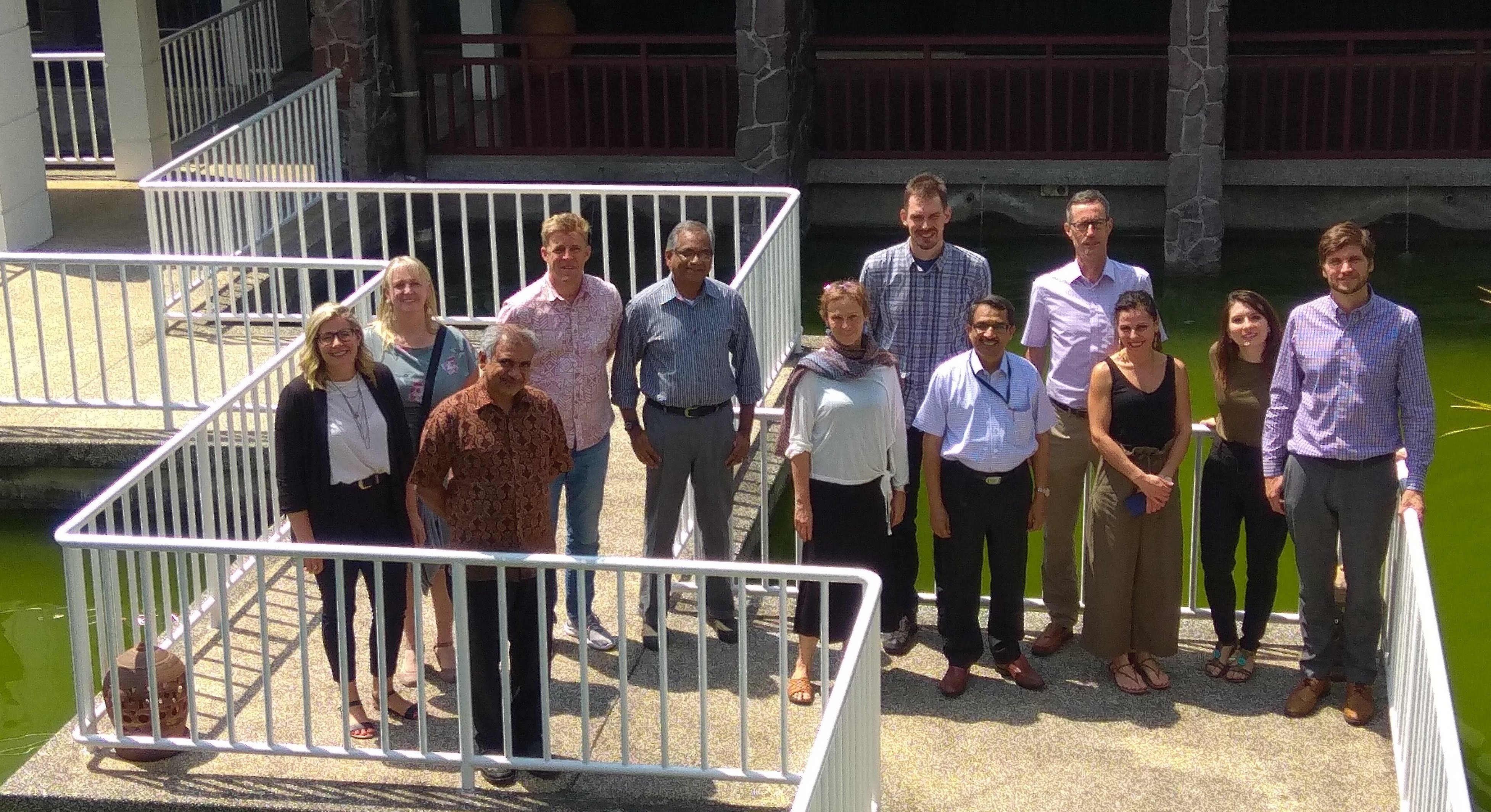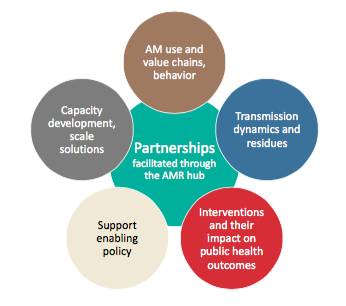Increasing antimicrobial resistace awareness through community converations
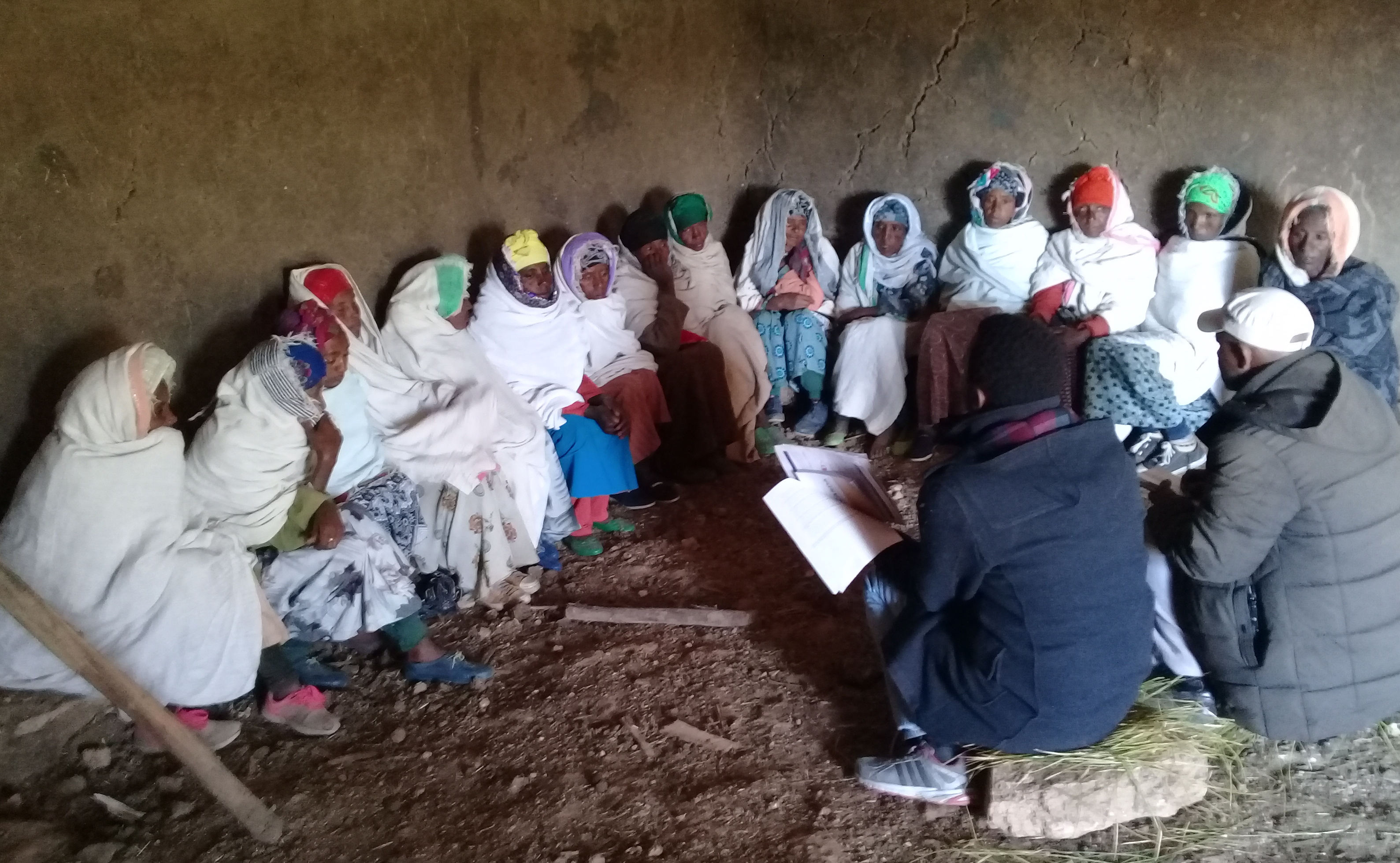
In Ethiopia, improved access to veterinary drugs has led to their increasing use in food-producing animals. The animal health extension service that ought to educate and advise community members about integrated animal health management strategies is limited. Community members, including livestock keepers, have limited access to animal health education, advisory and training services. Livestock keepers often buy veterinary drugs from roadside markets and self-treat their animals without considering the consequences of administering these drugs themselves. Most of these small-scale farmers have limited knowledge of the link between misuse of veterinary drugs and the emergence of antimicrobial resistance (AMR), which results in treatment failures in animals and humans. To address this knowledge and information gap, the CGIAR Research Program on Livestock in Ethiopia tested a community-based animal health extension approach using ‘community conversations’ to engage community members and local service providers in collaborative learning and joint action processes to increase AMR awareness.
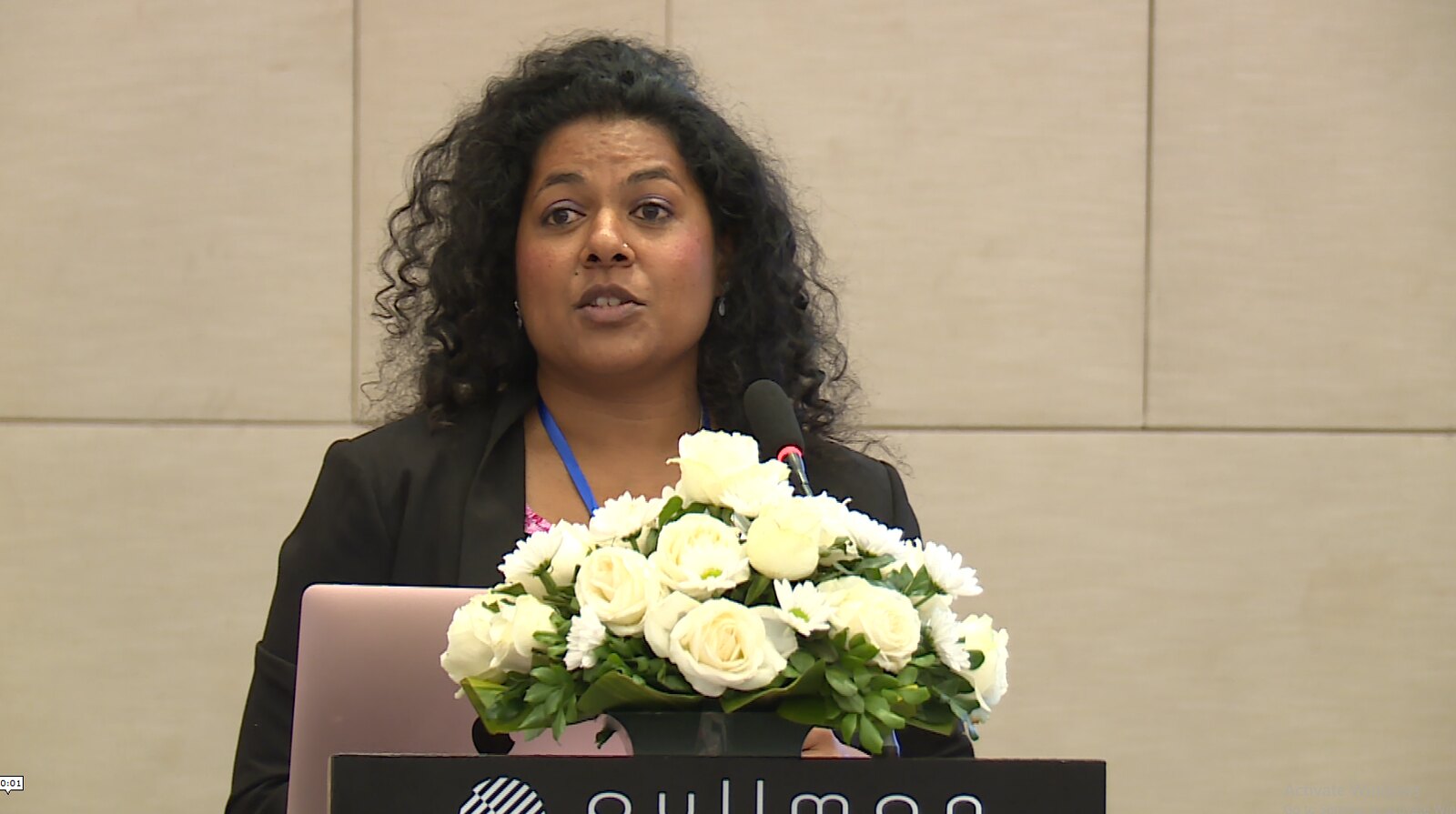 CGIAR AMR Hub is pleased to welcome Arshnee Moodley, an associate professor from the University of Copenhagen in Denmark to lead the CGIAR AMR Hub hosted and led by ILRI. Having completed her undergraduate degree in 2002 from the University of Witwatersrand, South Africa and received her PhD from the University of Copenhagen, Denmark in 2008, she has spent 12 years supervising and teaching students at the University of Copenhagen on infection microbiology, antimicrobial resistance, bacterial typing and non-antibiotic alternatives. ILRI’s bioscience writer, Ekta Patel caught up with her on some quick Q&A’s to get to know her a little better and to better understand her vision for the CGIAR AMR Hub.
CGIAR AMR Hub is pleased to welcome Arshnee Moodley, an associate professor from the University of Copenhagen in Denmark to lead the CGIAR AMR Hub hosted and led by ILRI. Having completed her undergraduate degree in 2002 from the University of Witwatersrand, South Africa and received her PhD from the University of Copenhagen, Denmark in 2008, she has spent 12 years supervising and teaching students at the University of Copenhagen on infection microbiology, antimicrobial resistance, bacterial typing and non-antibiotic alternatives. ILRI’s bioscience writer, Ekta Patel caught up with her on some quick Q&A’s to get to know her a little better and to better understand her vision for the CGIAR AMR Hub. 